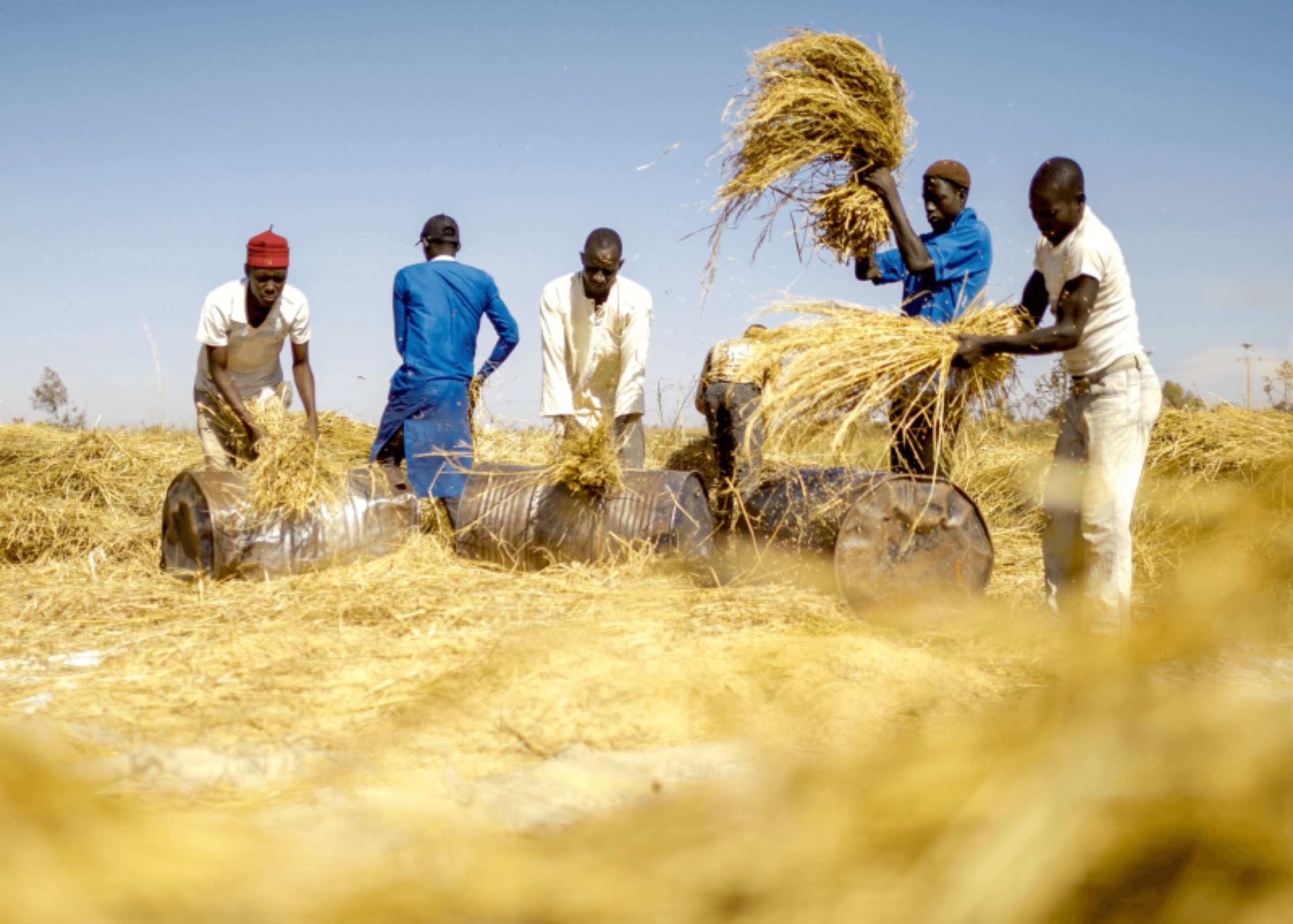News in Brief:
– Nigeria aims to attract $314 billion in investment to its agricultural sector, focusing on key crops like tomato, cassava, maize, dairy, and fisheries.
– The government is creating an enabling environment for investors and expects significant economic benefits.
Nigeria’s Minister of Agriculture, Senator Abubakar Kyari, has outlined ambitious plans to attract significant foreign investment into the country’s agricultural sector.
The minister disclosed this on his official X page on the sidelines of an investment forum in Rome, Italy. During the presentation, he highlighted the nation’s vast potential and the specific areas ripe for investment.
According to Kyari, Nigeria, with its burgeoning population and growing economy, offers a lucrative opportunity for agricultural investors. The sector contributes 22.6% to the country’s GDP, but there is immense room for expansion.
Investment opportunities
Specifically, the minister identified key areas for investment, including tomato, cassava, maize, dairy, and fisheries and aquaculture.
For instance, the government aims to invest $869.4 million in the tomato value chain to improve productivity and reduce post-harvest losses. Also, similar investments are planned for cassava, maize, and dairy, with a focus on states like Kano, Bauchi, Borno, Ogun, Oyo, Anambra, Katsina, Kaduna, and others.
Enabling environment
Furthermore, Senator Kyari emphasised the government’s commitment to creating an enabling environment for investors. This includes providing tax breaks, facilitating repatriation of profits for foreign investors, and implementing local content incentives.
The overall investment plan, which seeks to generate substantial economic returns and social benefits, anticipates attracting $314 billion in development financing. The initiative is expected to create jobs, boost income, and contribute to reducing carbon emissions.
Overall, the minister’s presentation in Rome is a significant step towards attracting the necessary investment to transform the agriculture sector. The move is seen by analysts as prioritising agriculture, in a bid to enhance the country’s food security and economic growth.
Nigeria’s agricultural landscape and challenges
Nigeria boasts a vast agricultural land area of 70.8 million hectares, cultivating a diverse range of crops including maize, cassava, guinea corn, yam beans, millet, and rice.
Its rice production, for example, still falls short of domestic demand. To bridge the gap, Nigeria imports approximately 3 million metric tons of rice annually. Wheat imports have also increased under the Tinubu administration.
Cassava, another key agricultural commodity, has positioned Nigeria as the world’s largest producer, accounting for approximately 20 percent of global output in 2017. This crop offers significant economic potential, both domestically and internationally.
Ultimately, the country anticipates a further increase in cassava production, with advancements in varieties and production techniques, as well as investments opportunities like from the forum above.



